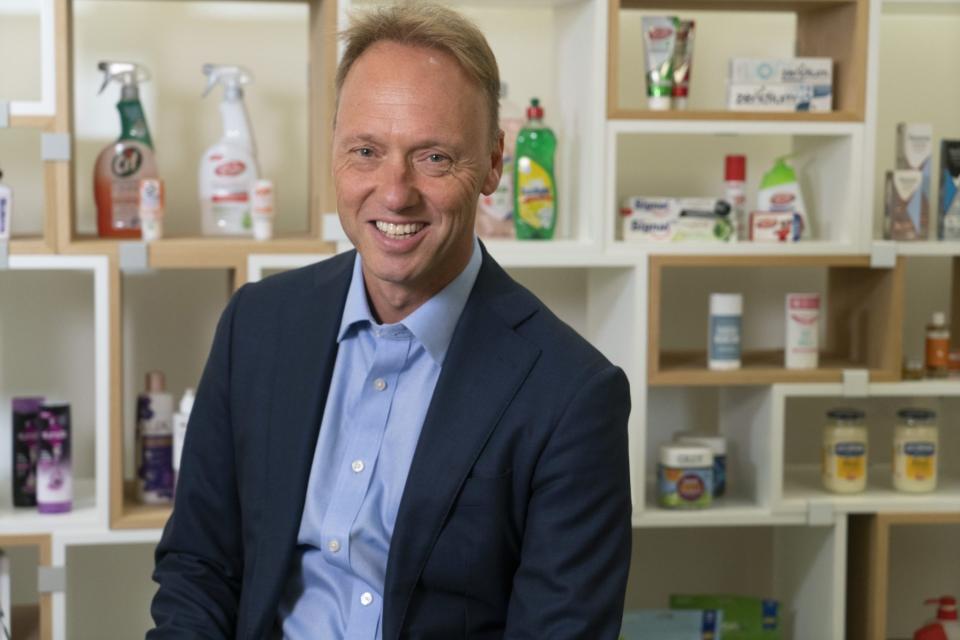Unilever risks another clash with investors as Ben & Jerry’s maker reveals CEO could make up to $19 million this year

The man in charge of Ben & Jerry’s ice cream, Vaseline, and Dove might feel a bit bruised after a grizzly personal fight with shareholders at the start of his tenure ended in defeat.
But Unilever’s CEO may have to brace for yet another fight with investors after his company revealed the eye-watering pay packet its new boss stands to gain if he can help the group hit its targets this year.
The British consumer goods group disclosed that its CEO Hein Schumacher, who took the helm in June last year, could enjoy a pay packet as high as €17.4 million ($18.8 million) in 2024, according to its latest executive remuneration report.
Schumacher will take home base pay of €1.85 million ($2 million) this year, in addition to potential performance-related bonuses and long-term incentives tied to sales increases that could help him land the massive package.
The former Royal FrieslandCampina boss was paid €3.9 million ($4.25 million) for his first six months on the job last year, though his base salary was the same as he will take home in 2024.
Pay report opens old wounds
The chances of Schumacher seeing all of that bumper pay packet in 2024 are remote, as it depends on the group increasing its share price by 50% over the year.
Shares in the group have largely stagnated over the last seven years and the group ‘s market cap has declined by more than 4% in value over the last 12 months.
However, the report will open old wounds for both Unilever and its investors after a tense battle over Schumacher’s pay in 2023.
Following a shareholder vote last year, 60% of investors rejected Unilever’s 2023 remuneration plan that would have seen Schumacher paid a base salary 20% higher than outgoing CEO Alan Jope.
Shareholder advisers Glass Lewis and Investor Shareholder Services (ISS) had urged its clients to vote against the package, arguing Unilever hadn’t provided significant justification for it, and that it was about standard U.K. market rates.
It was a rare rejection among FTSE 100 companies since the turn of the century.
In October, the group decided to freeze Schumacher’s pay for two years in a compromise with those shareholders.
It is hoped that this year, there will be nothing like the shareholder resistance of 2023, with Unilever’s compensation committee chair Andrea Jung indicating that the group has changed the way it decides CEO pay.
“Having undertaken an extensive consultation exercise before finalising the New Remuneration Policy, the Committee believes it can be fully supported by the great majority of our shareholders,” Jung said.
A representative for Unilever pointed to this statement in reply to a request for comment.
Glass Lewis didn’t immediately respond to Fortune’s request for comment.
A representative for ISS declined to comment.
CEO pay in the spotlight
Unilever became the target of billionaire activist investor Nelson Peltz, who was appointed as a non-executive director in 2022. This expedited the end of former CEO Jope’s 35-year tenure at the company.
While Peltz has been focused on a strategic turnaround at the group, other advisors have been wary of the negative connotations of higher executive pay during a massive cost of living crisis.
Glass Lewis published a statement on wider CEO pay in the wake of last year’s Unilver report, saying it expected any pay rises at big companies to be supported by a clear rationale.
This story was originally featured on Fortune.com
